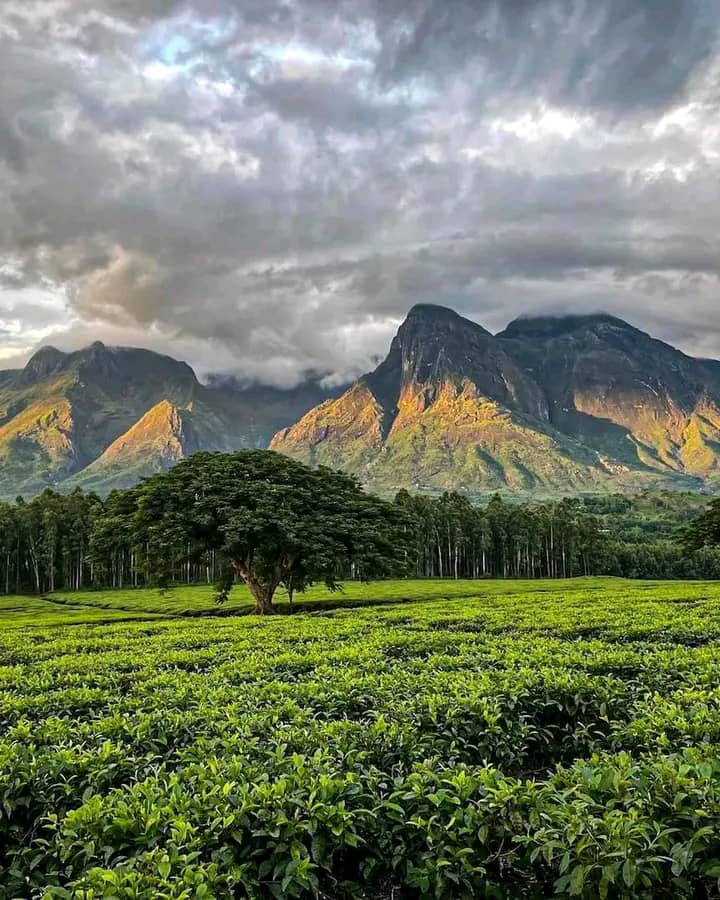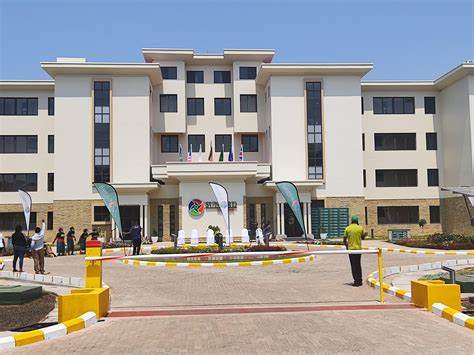Tourism Ministry unveils master plan to elevate the sector
August 26, 2024
Written by Bester Kayaye
Government through the ministry of tourism has revealed a comprehensive plan to position tourism as a cornerstone of its economic strategy, marking a significant shift in national priorities.
Speaking at the opening of the 5th Meeting of the National Assembly for the 50th Session, Tourism Minister Vera Kamtukule emphasized the government’s focus on leveraging tourism to drive inclusive growth, create jobs, and elevate living standards.
Central to this effort is the National Tourism Investment Master Plan, a 20-year blueprint aimed at systematically developing Malawi’s tourism sector.
“This is the first time a President has launched such a key document, and it is also the first time a President has opened the Malawi International Tourism Expo, which happened both in 2023 and 2024,” said Kamtukule.
“This demonstrates unwavering support for tourism as a critical economic driver.”
The Master Plan identifies 103 sites earmarked for tourism development, targeting product diversification, infrastructure upgrades, and manpower development.
The plan seeks to ensure equitable distribution of tourism benefits across all districts, with a focus on devolving tourism development to local councils.
Kamtukule outlined that the government is addressing long-standing gaps in the sector, including inadequate infrastructure and the underutilization of prime tourism land.
The ministry has already secured 52.4 acres in Salima for tourism projects and is engaging stakeholders to secure additional strategic locations across the country.
“We are zoning prime land such as lakeshore areas and reallocating it to investors who can build high-quality structures, correcting past mistakes,” she said.
In an effort to boost accessibility, the government has waived visa fees for nationals from 79 countries, aiming to attract more tourists.
“We have made it easier for tourists to visit Malawi, removing a major barrier to entry,” Kamtukule noted.
Improved connectivity is also a priority as the government is in talks with airlines to establish direct routes from key international markets, reducing travel costs and enhancing regional links.
Discussions with Qatar Airways and other regional carriers are ongoing, with Malawian Airlines expected to introduce new routes to Kigali and Nampula.
Malawi’s tourism sector, often overshadowed by neighboring countries, is being marketed aggressively on the global stage.
The ministry’s participation in international tourism expos and collaboration with global tour operators are part of a broader strategy to position Malawi as a competitive destination.
“We are working tirelessly to include Malawi in regional and global travel packages,” Kamtukule said.
Efforts are also underway to update the outdated Tourism Act, which dates back to the 1960s. The revised legislation will reflect current socio-economic dynamics and ensure the legal framework supports sustainable tourism growth.
The government’s ambitious tourism push is complemented by targeted community engagement, particularly around protected areas.
“We are involving local communities in income-generating activities, ensuring they benefit from being close to national parks and other attractions,” the minister stated.
As the government moves forward with its 20-year master plan, the tourism sector is expected to play a pivotal role in achieving Malawi’s Vision 2063 goals.
Through strategic investments, enhanced infrastructure, and a clear regulatory framework, Malawi is positioning itself as a major player in the regional and global tourism market.












